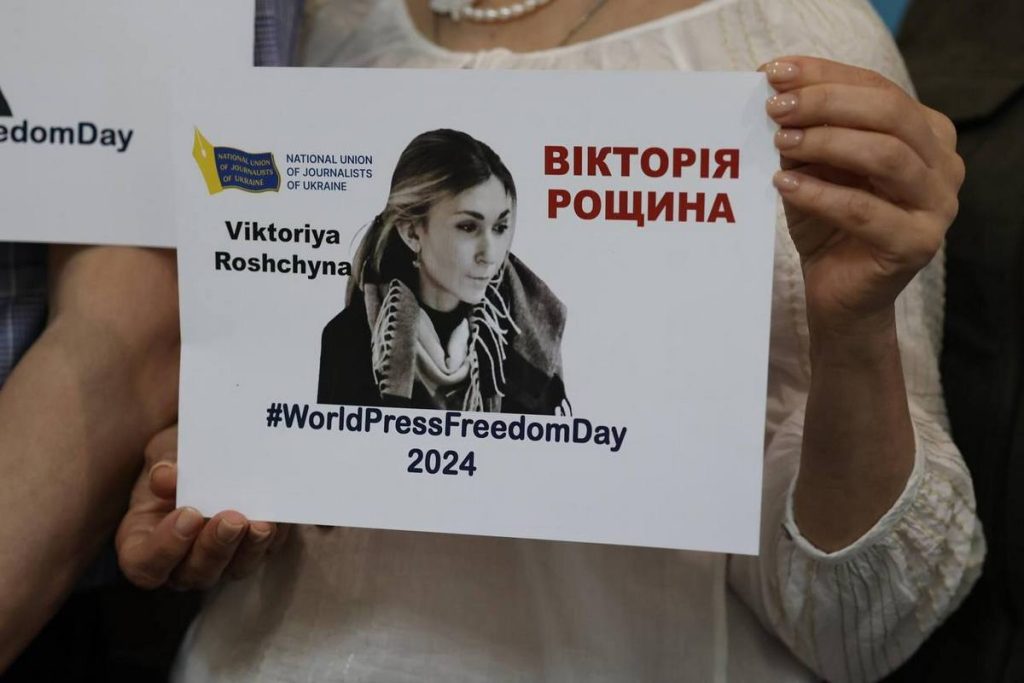Viktoria Roshchyna, a Ukrainian journalist, died in Russian captivity after being held in Russian detention centers where torture is used against prisoners. Roshchyna disappeared in August 2023 while reporting in Russian-occupied territory, and Moscow admitted her detention the following year. She was previously detained for 10 days by the Russian Federal Security Service (FSB) in March 2022, during which she was forced to record a video praising Russian forces for saving her life. The Media Initiative for Human Rights, a Ukrainian NGO, reported that Roshchyna was held in at least two prisons known for their use of torture against captives.
According to the NGO, Roshchyna was held in the penal colony n. 77 in Berdiansk in occupied Ukraine and the detention center n. 2 in Russia’s Taganrog. These facilities have been implicated in cases of torture, with reports of prisoners being electrocuted in the Berdiansk prison. The Taganrog detention center, where Roshchyna was held in solitary confinement from May to September 2024, is considered one of the most brutal in Russia. Many Azov Brigade fighters captured after the siege of Azovstal are reportedly held there. Roshchyna was then transferred to an unknown location in September, and Russia claimed she died on Sept. 19. The circumstances of her transfer, whether for exchange, and the cause of her death remain unclear.
Andrii Yusov, a spokesperson for Ukraine’s military intelligence agency, stated that Roshchyna was supposed to be included in an upcoming prisoner exchange. Ukrainian prosecutors have re-classified the case from a disappearance to a war crime and murder investigation. Roshchyna had been a prominent journalist covering Russia’s full-scale invasion for various Ukrainian news outlets, including Hromadske, Ukrainska Pravda, and Radio Free Europe/Radio Liberty (RFE/RL). Her death in Russian captivity has raised concerns about the treatment of Ukrainian civilians and prisoners held in Russian detention centers.
The Ukrainian government has confirmed Roshchyna’s death and is currently investigating the circumstances surrounding it. The Media Initiative for Human Rights continues to advocate for justice and accountability for Roshchyna and other prisoners who have suffered in Russian detention centers. The case highlights the dangers faced by journalists and civilians in conflict zones, especially when reporting on sensitive and controversial topics. The international community has expressed outrage at the treatment of Roshchyna and calls for an independent investigation into her death and the conditions of Russian detention centers. Roshchyna’s tragic story serves as a reminder of the importance of press freedom and the protection of journalists in conflict zones.















